Dr. Emmanuel Oluwasayomi Ahmadu is known for many things—global recognition, groundbreaking interventions, and policy-shaping expertise. He has received the Global Mental Health Advocate Award, served on advisory boards for the American Foundation for Suicide Prevention, and developed community-wide mental health programs from Nigeria to Northeast Ohio. His accolades include honorary doctorates, research publications on trauma and suicide prevention, and leadership in culturally sensitive mental health interventions. But when asked what keeps him awake at night, Dr. Ahmadu doesn’t talk about awards or policies. He talks about the quiet pain of young people.
“I think about the teenager lying in bed right now,” he says, “The one who scrolls through social media, smiles at their friends in school but secretly feels invisible, unheard, and overwhelmed.” This invisible burden, what mental health professionals identify as emotional isolation, is one of the most dangerous and silent contributors to youth suicide. And it’s growing. Globally, suicide is now the second leading cause of death among people aged 15 to 29, with the numbers rising alarmingly. In the United States, nearly one in five high school students has seriously considered taking their own life. In Nigeria and other African nations, suicide often remains cloaked in silence, treated as a spiritual problem or a family shame rather than an issue of public health and urgent emotional need.
Dr. Ahmadu, who has worked on both sides of this cultural divide, explains the depth of the problem. “When a child dies by suicide in Nigeria, it’s often framed as a spiritual attack or a curse. But what if that child was simply overwhelmed by emotional pain and had no words, no space, and no support to express it? That’s the real tragedy.”
Over the years, Dr. Ahmadu has developed mental health interventions that meet young people where they are—emotionally, culturally, and developmentally. In Nigerian schools, he used traditional storytelling and idioms to introduce emotional vocabulary in ways that felt familiar and safe. “Instead of saying ‘depression,’ I’d say something like ‘when the mind feels heavy like a rainy sky.’ And then students would nod and say, ‘Yes. I’ve felt that.’ That’s when you know the conversation has started.”
In Ohio, through his Resilience Rise Mental Health Initiative, Dr. Ahmadu leads school- and community-based programs that train youth leaders in peer counseling, emotional literacy, and suicide prevention. He believes in the power of youth-led solutions: “Youth listen to youth. When a teenager shares their own story of surviving anxiety or depression, it resonates far more than any adult lecture. We need to make young people part of the solution, not just passive recipients of it.”
But he’s also concerned about how mental health is often treated as a crisis issue rather than a preventive one. “We wait for a suicide attempt, a panic attack, or a breakdown before we act,” he says. “But there are always early signs such as withdrawal, sudden perfectionism, exhaustion, and irritability. We must build systems that catch distress early.”
One of the most complex dynamics, Dr. Ahmadu explains, is how social media has redefined connection. “We have a generation that’s hyper-connected digitally but emotionally starved in real life,” he observes. “Social media can provide moments of joy, but it can also reinforce exclusion, comparison, and feelings of failure—especially when youths don’t have safe, offline spaces to talk about what they’re feeling.”
To counter that, he advocates embedding mental health deeply into everyday life starting with schools. “Mental health isn’t a one-day seminar,” he says. “It should be as normal as math class. We need permanent counselors, emotional wellness check-ins, peer support programs, and we must involve parents, teachers, and faith leaders too because they are gatekeepers in most communities.”
While Dr. Ahmadu offers expert insight, his advice is always grounded in compassion. “We don’t need perfect programs. We just need present people. A teacher who checks in. A parent who says, ‘I’m proud of you.’ A friend who asks, ‘Are you okay?’ That’s what makes the difference.”
And for all his influence in public health circles, what seems to matter most to him is that personal moment when a student feels seen, when a child chooses life, when a community finally talks about pain without shame. “I’ve seen what happens when a young person realizes they’re not alone,” he says quietly. “That spark in their eyes, that moment of relief—that’s where healing begins.”
Through every campaign, publication, or conference stage, Dr. Emmanuel Ahmadu returns to this simple truth: the fight for youth mental health is not about prestige—it’s about presence. He is determined to keep showing up, listening, and leading until every child, everywhere, knows their life matters.







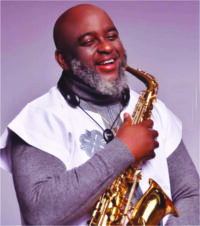
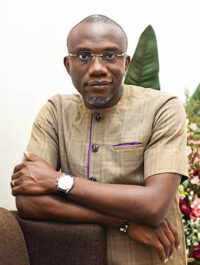
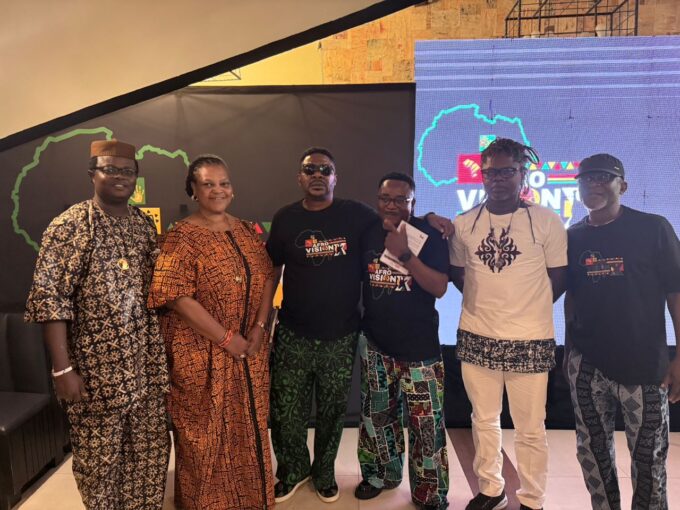
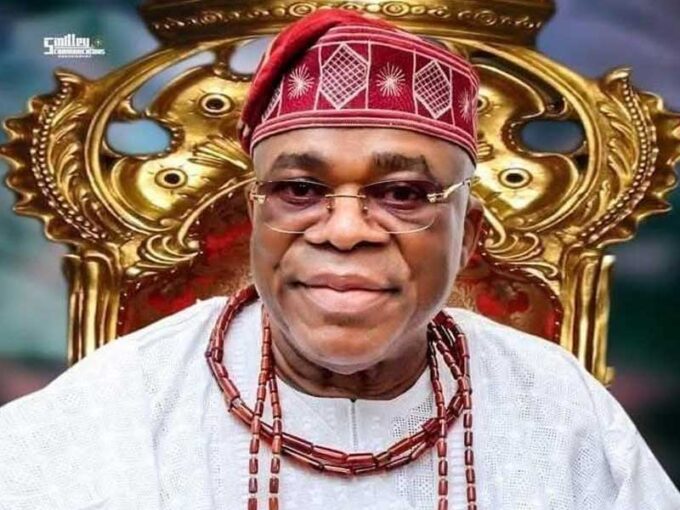



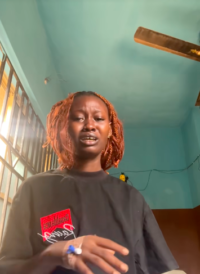


Leave a comment